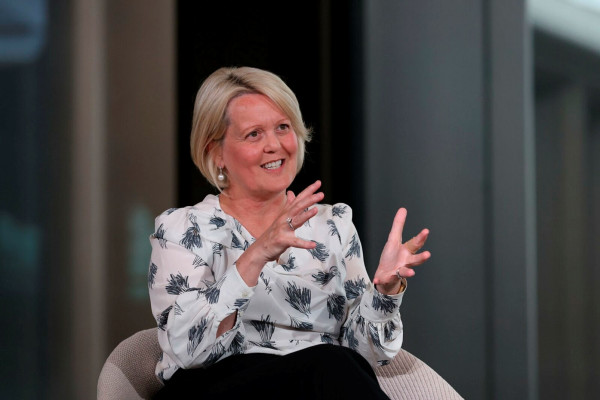

NatWest has reported a 34 per cent increase in pre-tax profits for 2022, with the surge largely driven by a boom in mortgage lending.
In its annual results released today (February 17), the bank reported a strong performance for 2022 with net lending up £7.3bn to £366.3bn.
This growth was primarily a result of growth of £14.4bn in retail banking mortgages, with gross new mortgage lending of £41.4bn.
NatWest chief executive, Alison Rose noted that the bank made “considerable progress” against its strategic goals and maintained a “well-balanced loan book and distributed significant capital to our shareholders, including the UK government”.
Rose said that although the bank has not yet seen “significant signs” of financial distress among its customers, it is “acutely aware that many people and businesses are struggling right now and that many more are worried about what the future holds”.
“Our robust balance sheet, responsible lending and continued capital generation allow us to proactively support those who need it, whilst helping others to get ahead of the challenges to come,” Rose said.
She added: “As well as supporting our customers, this financial strength also allows us to continue investing in our business to meet the changing needs of our customers. By building long term relevance, trust and value through our purpose-led strategy, we will deliver sustainable returns and, ultimately, help to drive economic growth across the UK”.
The bank reported a net impairment charge of £337mn, or 9 basis points of gross customer loans. It said this reflects the latest macro-economics, including updated scenarios and their associated weighting, with more weight being placed on the downside scenario.
An impairment charge is a process used by businesses to write off worthless goodwill.
These are assets whose value drops or is lost completely, rendering them completely worthless.
Elsewhere, the bank noted that underlying book performance remains strong, with credit conditions remaining positive and levels of default remaining low.
Commenting on the results, some mortgage brokers said the surge in mortgage activity was to be expected following stagnation from the pandemic.
This was the view of Samuel Mather-Holgate, managing director of advice firm Mather & Murray Financial who added that the loan impairment charge was interesting.
"Barclays was significantly higher, but that’s because they offer lending in the US at a level that NatWest doesn’t. It might imply the UK housing market is in a stronger position than our cousins across the pond," he said.
Earlier this week, Barclays reported that it set aside £1.2bn in 2022 for credit impairment charges, with a loan loss rate of 30bps.
Graham Cox, founder of Self Employed Mortgage Hub explained that part of the difference may be because NatWest has a lower appetite for risk.
"NatWest is definitely one of the more cautious lenders. For self-employed applicants, they only lend 4x income, and the industry standard is 4.5x. So that may be part of the reason for the much lower impairment charge compared to Barclays," Cox said.
"The government no doubt imposes strict controls as it still owns a sizeable stake in NatWest," he added.
Significant too, is the fact NatWest's credit card business is significantly smaller than Barclays. On a UK level, Barclay's credit impairment charge of £286mn for 2022 was more closely aligned with NatWest's.
The UK government currently owns a 44 per cent stake in the bank, which used to be called Royal Bank of Scotland. Last year, its stake in the bank fell below 50 per cent of the first time since it was rescued at the height of the financial crisis with a £46bn bailout.
Looking towards the year ahead, the bank expects to bring in income of around £114.8bn if the Bank of England base rate remains at 4 per cent throughout the remainder of the year.
jane.matthews@ft.com



